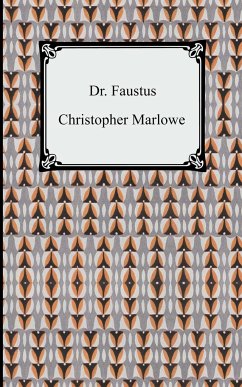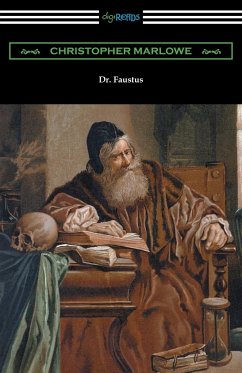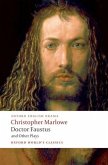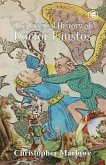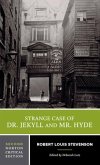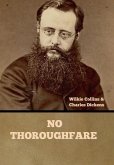"Dr. Faustus" is Christopher Marlowe's version of the famous legend of a doctor who sells his soul to the devil in exchange for knowledge and power. Originally published in 1600 this drama is based on an earlier anonymous German work (c. 1587) which has influenced many subsequent works including Goethe's more comprehensive "Faust" (c. 1808) and the contemporary "Doktor Faustus" (c. 1947) by Thomas Mann. The legend of Faust, reportedly based on a true person, is the origin of one of the most prevalent themes in literary history, the selling of one's soul to the devil.

